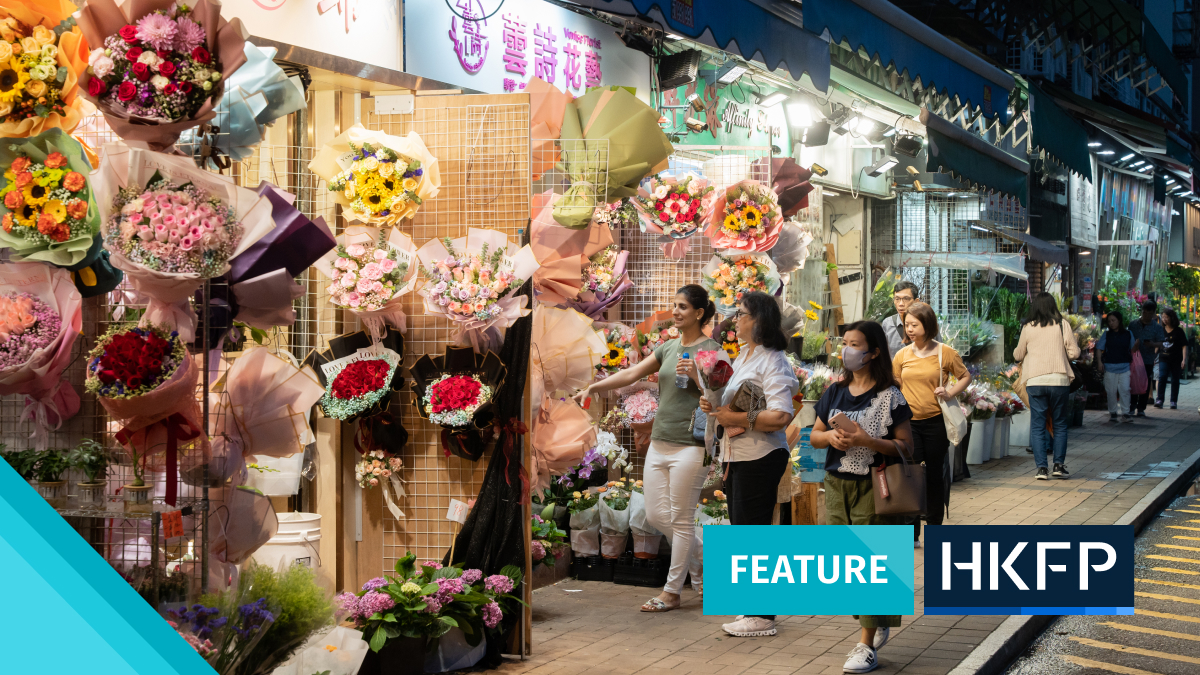Hong Kong’s top court has overturned activist and human rights lawyer Chow Hang-tung’s acquittal over inciting people to take part in an unauthorised assembly in 2021 to remember the 1989 Tiananmen crackdown.
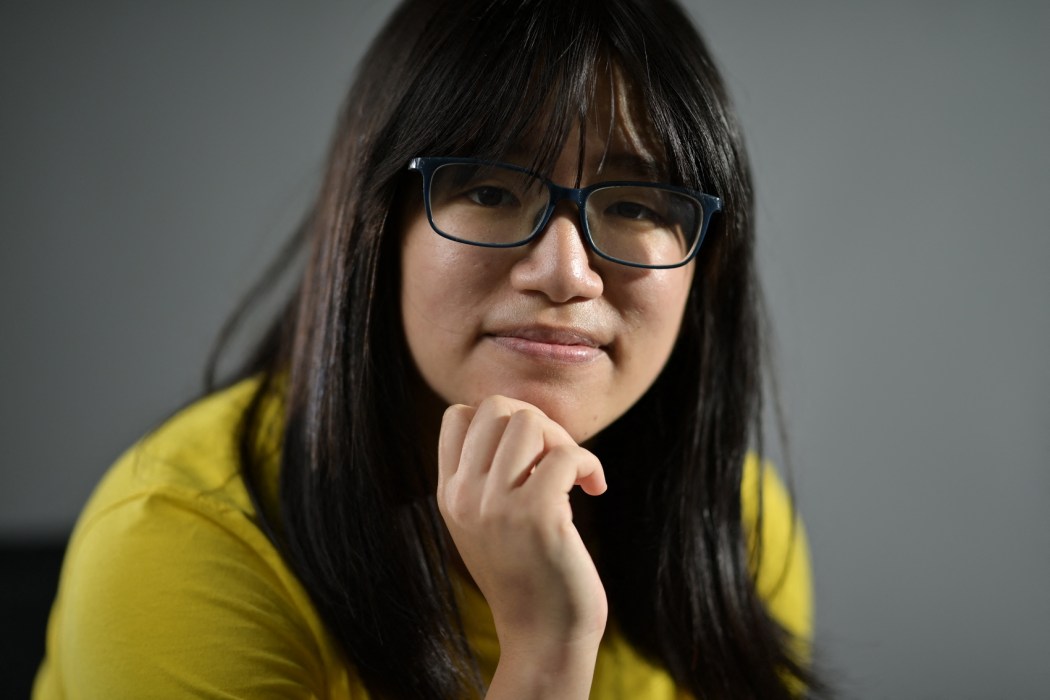
In December 2022, Chow, formerly vice-chair of the Hong Kong Alliance in Support of Patriotic Democratic Movements of China – the organisation behind the city’s annual vigils to remember the 1989 crackdown – saw her conviction related to the banned 2021 event quashed.
The Court of Final Appeal last November heard an appeal by the Department of Justice in June against her acquittal, after she was handed a 15-month jail sentence in January 2022 for inciting others to take part in an unauthorised assembly. Police had banned the previous year’s vigil, citing Covid-19 pandemic curbs.
On Thursday, permanent judges Roberto Ribeiro and Joseph Fok, as well as non-permanent judge Anthony Gleeson, held that Chow could challenge the legality of the police ban. However, Chief Justice Andrew Cheung ruled that Chow could not challenge it as a defence in criminal proceedings. Instead, the vigil’s organisers and participants could have done so by launching a judicial review.
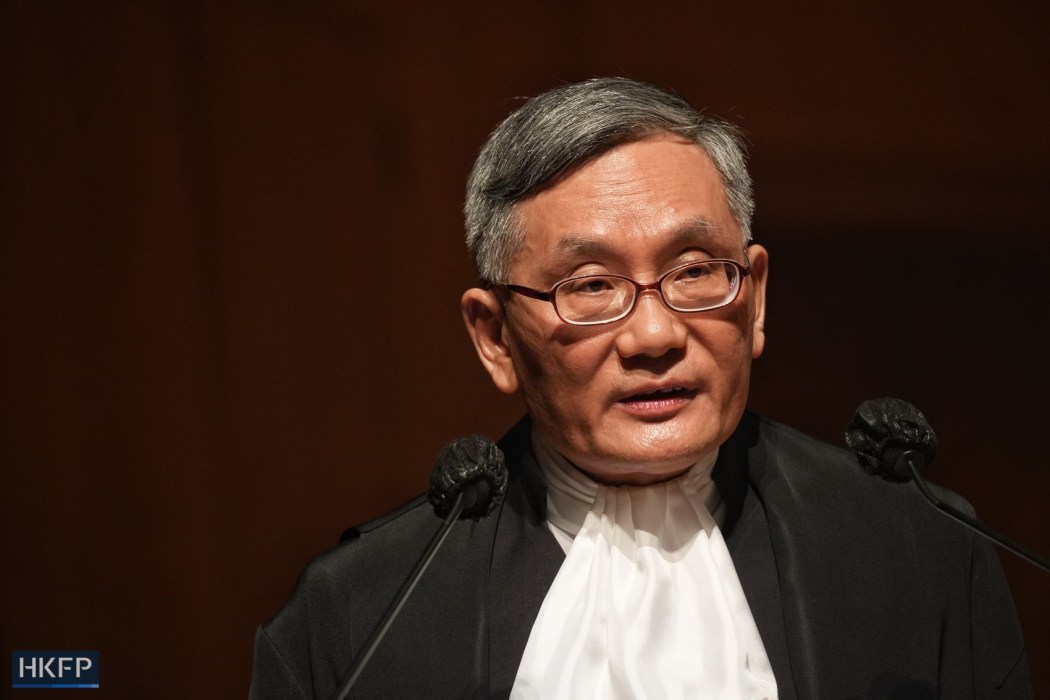
“The authority of a prohibition would be weakened if a defendant could re-open the question of the prohibition’s validity in criminal proceedings, despite confirmation of the Appeal Board,” the top judge ruled.
Permanent judge Johnson Lam agreed with Chief Justice Cheung, saying that Chow would not be deprived of the opportunity to challenge the relevant prohibition. Lam said, however, that the only route was “by way of judicial review.”
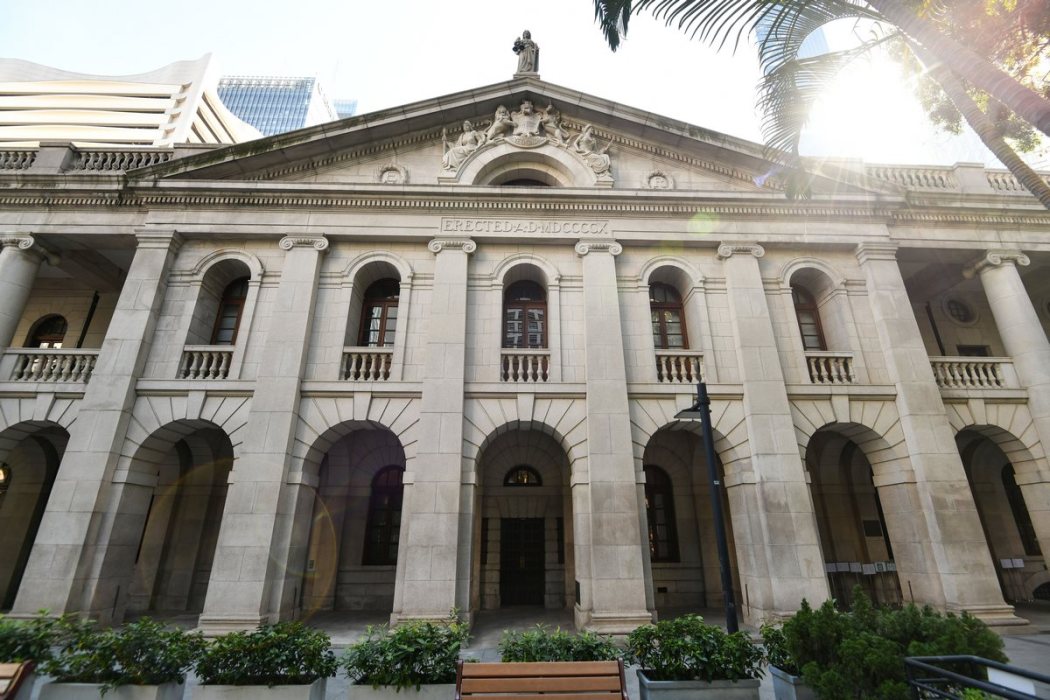
Judge Ribeiro held that Chow’s constitutional argument that the prohibition “disproportionately restricted her right to peaceful assembly” had failed, as the Commissioner of Police was not required to “take the initiative to devise and propose conditions.”
“On the evidence, the Commissioner [of Police] and the Appeal Board gave due consideration to possible conditions that might be imposed,” he said, adding that the assembly’s ban was “rationally connected with the legitimate aim of protecting public health.”
High Court Judge Judianna Barnes, who quashed Chow’s conviction in 2022, had ruled that public meetings should not be banned if police could have imposed conditions to reduce the risk of Covid-19 spreading.
Chow Hang-tung detained since 2021
At last November’s hearing, Chow’s legal representative Senior Counsel Robert Pang argued that the police had made “no considerations” as to the number of people allowed or the activities that could be prohibited to minimise risk.
Deputy Director of Public Prosecutions William Tam argued, at the time, that Chow, in challenging the ban, had “ignored” the decision of the Appeal Board on Public Meetings and Processions, which had earlier upheld the police ban. But Justice Ribeiro said that the board’s decision could not deprive Chow of her right to defend herself.
Chow will remain behind bars and faces a number of other cases.
She has been detained since September 2021, when she was charged under the national security law that month. A trial date for the case has yet to be set. Last March, Chow was sentenced to four and a half months in jail for not complying with a national security police data request.
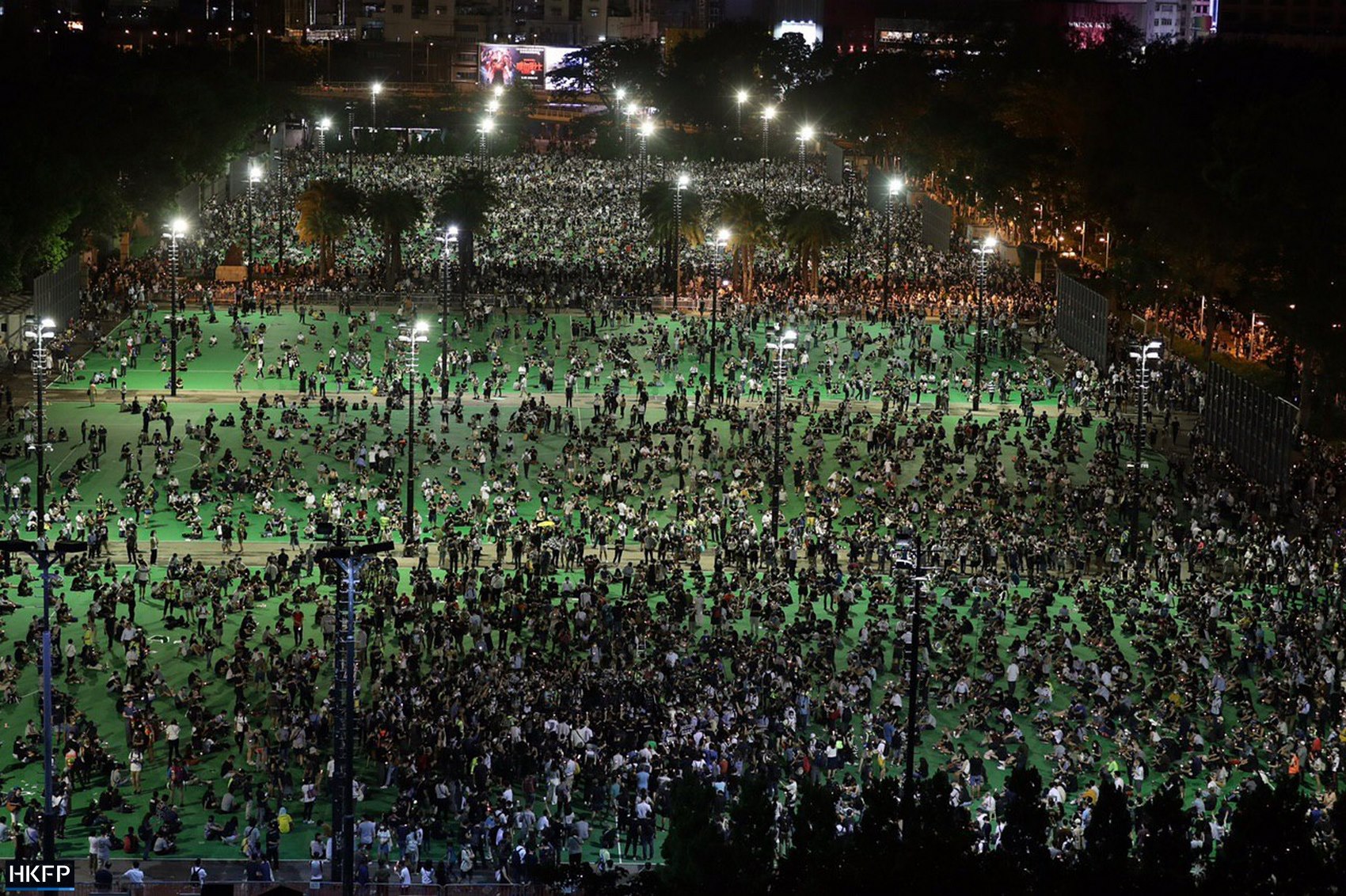
International civil society group CIVICUS last November urged the authorities to end its use of repeated solitary confinement on Chow, who had allegedly been placed in isolation six times since June.
The Tiananmen crackdown occurred on June 4, 1989 ending months of student-led demonstrations in China. It is estimated that hundreds, perhaps thousands, died when the People’s Liberation Army cracked down on protesters in Beijing.
Support HKFP | Policies & Ethics | Error/typo? | Contact Us | Newsletter | Transparency & Annual Report | Apps
Help safeguard press freedom & keep HKFP free for all readers by supporting our team

LATEST FROM HKFP
HKFP has an impartial stance, transparent funding, and balanced coverage guided by an Ethics Code and Corrections Policy.
Support press freedom & help us surpass 1,000 monthly Patrons: 100% independent, governed by an ethics code & not-for-profit.






